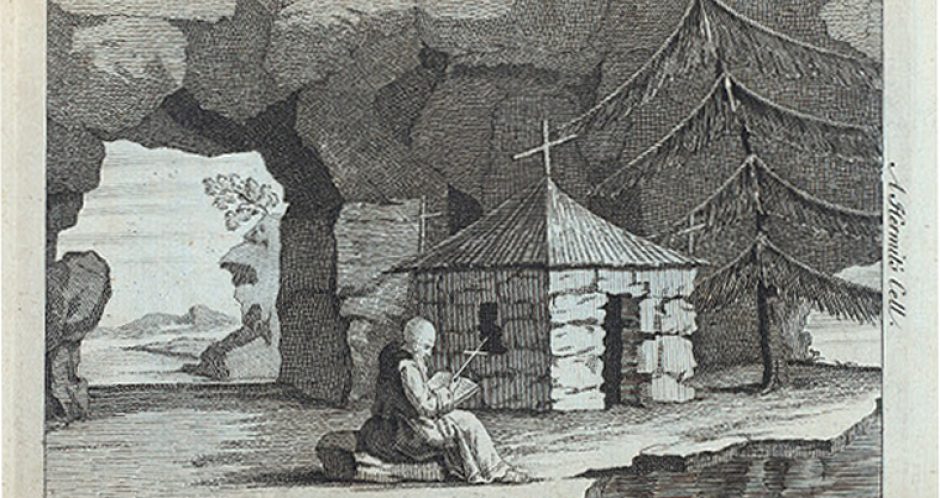Reading Young Goodman Brown, I had a meh experience with it. I like literature that brings subjects like religion into question. Blasphemy is always a great read! So why was it meh? I’ll get to that in a bit. I feel Hawthorne took the gothic genre and added philosophical tidbits into it. What is Evil? Who is truly Evil? Religion requires a person to have blind faith. It is something that cannot be explained by scientific means. Because of this, we have to question Browns feelings. Is he a just person (as outlined in his puritan society)? As he comes to revelations that his neighbors and fellow villagers are cultists, performing rituals and going in circles and praying, he judges them as evildoers. Can a just person judge? In the eyes of religion, no. In the eyes of nonreligious people, sure! When Goodman Brown sees his own wife participating in this rituals, the very person who kept him ‘sane’, he loses all hope. He loses his faith, he loses his religion and in the end of the book, can’t trust anyone. However, Hawthorne makes this ambiguous – was the whole story just a nightmare? It states after the rituals, he awakens in a field in the middle of the night. He could have merely passed out, but it is not so. Daily life within the village goes on as normal. So in a way it is up to the reader to decide if it actually occurred. I also want to touch a bit on his wife, Faith. To Goodman Brown, she is pure of heart and perhaps overly religious. When Goodman Brown leaves and Faith tries everything she can to stop him, I like how this gives a foreboding feeling to the story. If the experiences Goodman Brown had were indeed real, maybe she just did not want him to find whatever was out there. The story can go both ways, and I hate stories like that. I need closure!
-
Recent Posts
Recent Comments
- marvi krifca on Response 5
- marvi krifca on Response 6
- marvi krifca on Young Goodman Brown
- marvi krifca on Response 9
- Daniella Martinez on Response 9 (Malcolm)
Archives
Categories
Meta



